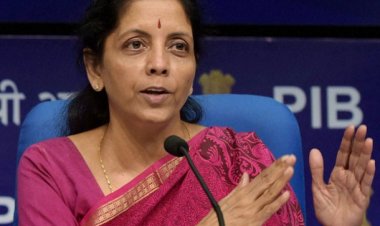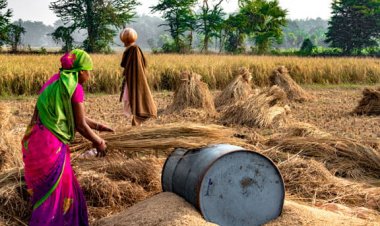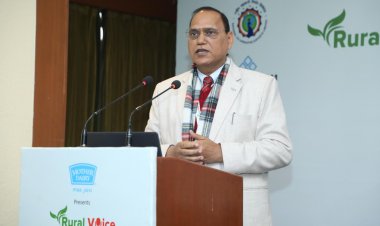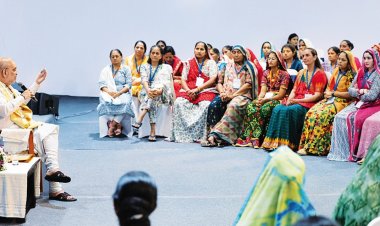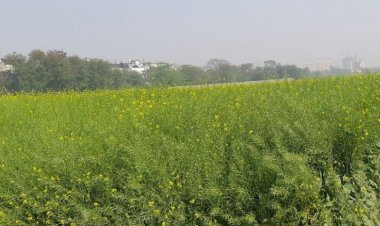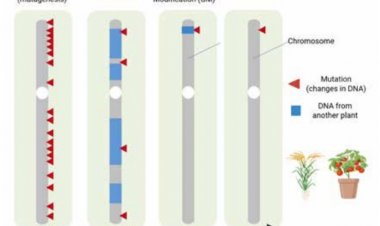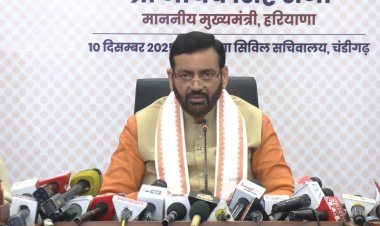PBFIA announces project planning of India’s First Plant Protein Cluster
India’s First Plant Protein Cluster comes with a vision to make India a credible supplier of plant proteins to the world. To set up a plant protein cluster, a strategically viable location is required. Nagpur proves itself to be a strategic location because of the availability of resources such as raw materials, workforce and land. Another reason is its connectivity.
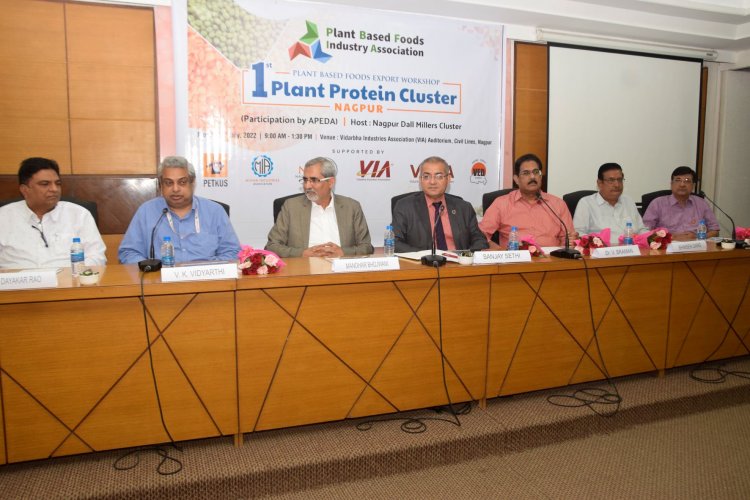
New Delhi
Plant Based Foods Industry Association (PBFIA), with the support of the Nagpur Dall Millers Cluster during the “Plant Based Foods Export Workshop”, announced the project planning of India's First Plant Protein Cluster. The workshop saw the arrival of distinguished members from the Agricultural and Processed Food Exports Development Authority (APEDA), Multi-Modal International Cargo Hub and Airport at Nagpur (MIHAN), 3P Group (representing Baker Perkins), Novozymes, GEA, AAK India, JU Agri Venture, Ahimsa VC and Haldiram’s.
PBFIA is a CEO-led body formed to support and help develop India's nascent plant-based foods ecosystem. It is headquartered in Gurugram, Haryana.
Sanjay Sethi, Executive Director of PBFIA, led the workshop and put forward the proposal for India's First Plant Protein Cluster to extend methods for the development of a localized supply chain, which is a necessity for the plant-based foods industry. He said, “Many global food companies focusing on plant-based proteins source their raw materials from the Asian market. For example, Eat Just, Inc., a trailblazing US-based producer of plant-based egg alternatives, is procuring its main ingredient — moong beans (which are indigenous to the Indian subcontinent) — from Myanmar but did not take India into account, despite its being the main pulses producer. Perhaps maybe we are putting a lot of fertilizers, or there are other aspects which we need to identify before the competition seizes the chance. Hence, it serves as a wake-up call for India to take action.”
India’s First Plant Protein Cluster comes with a vision to make India a credible supplier of plant proteins to the world. To set up a plant protein cluster, a strategically viable location is required. Nagpur proves itself to be a strategic location because of the availability of resources such as raw materials, workforce and land. Another reason is its connectivity, extending to the nearby regions in the states of Telangana (Adilabad), Madhya Pradesh (Chhindwara, Jabalpur), and Chhattisgarh (Rajnandgaon).
Manohar Bhojwani, Chairman of Nagpur Dall Millers Cluster, said, “As an efficient alternative for animal proteins, moong beans, chickpeas, millets and cereals and a number of other high-quality plant protein raw materials offer a wide range of opportunities for value-addition”.
A recent publication of The Insight Partner and PBFIA (2022) reflects that the plant-based foods market is expected to reach from Rs 2000 crore in 2022 to Rs 40,000 crore by 2032, highlighting an exponential market growth. VK Vidyarthi, General Manager, APEDA said, “Plant-based foods could help enhance the export potential and in line with that, we are working to create export standards for vegan products to address the huge overseas opportunity, following the principle of Ahimsa Parmo Dharma, increasing farmers’ income and addressing climate change”.
The development of India’s First Plant Protein Cluster and transition into other regions of India can be supported by government schemes such as the MSE-CDP Schemes and APEDA’s Common Infrastructure Development Scheme.
Sethi added, “The focus of the plant protein cluster is to benefit Indian farmers, reduce the farmer suicide rate and transform high-value food processing to deliver a variety of tasty, protein-rich, healthy, sustainable, and high-quality plant-based food products. This will require vertical as well as horizontal industry collaboration with a variety of stakeholders, including the dall millers, investors, industrialists, equipment manufacturers, and R&D organizations”.
An impressive 50 per cent of the food & beverage companies globally are looking to invest in the plant-based foods sector this year, as per the report published by Future Market Insight and PBFIA in 2022, showcasing the industry’s remarkable future ahead. “Many inquiries about plant-based foods are coming from the European market. To deliver that, concentrating on products that can fulfill both flavour and texture quality is necessary”, said Asha Vyavahare, Quality General Manager of Haldiram's.
Madhav Labhe, Chairman of the Laxminarayan Institute of Technology (LIT) Alumni Association, expressed his delight and unwavering support for PBFIA's audacious move. Convenience foods are becoming a necessity, therefore endeavour should be to find the best processing methods that preserve food integrity, do not alter nutritional profiles, and make better utilization of the co-products, said Dr B Dayakar Rao, Principal Scientist, Indian Institute of Millets Research.
Krishna Mohan Puvvada, Regional President of Novozymes, a global biotechnology company from Denmark, said that the cluster should focus on change management and understand the risks in the value chain.
Various companies, including Novozymes, Agrowon FarmDM, Ahimsa VC, Symega, JU Agri Innovation Venture, AAK, 3P Group and Dayalu’s Diet Foods International were invited to join hands in this project as an SPV and collectively promote the plant protein sector of India.
This workshop was supported by Vidarbha Industries Association (VIA), Vidarbha Dall Millers Association (VDMA), MIHAN Industries Association (MIA), Vidarbha Economic Development Council (VED), PETKUS, industry leaders, representatives from food businesses, dal millers, and investors envisioning the concept as a whole.



 Join the RuralVoice whatsapp group
Join the RuralVoice whatsapp group

















